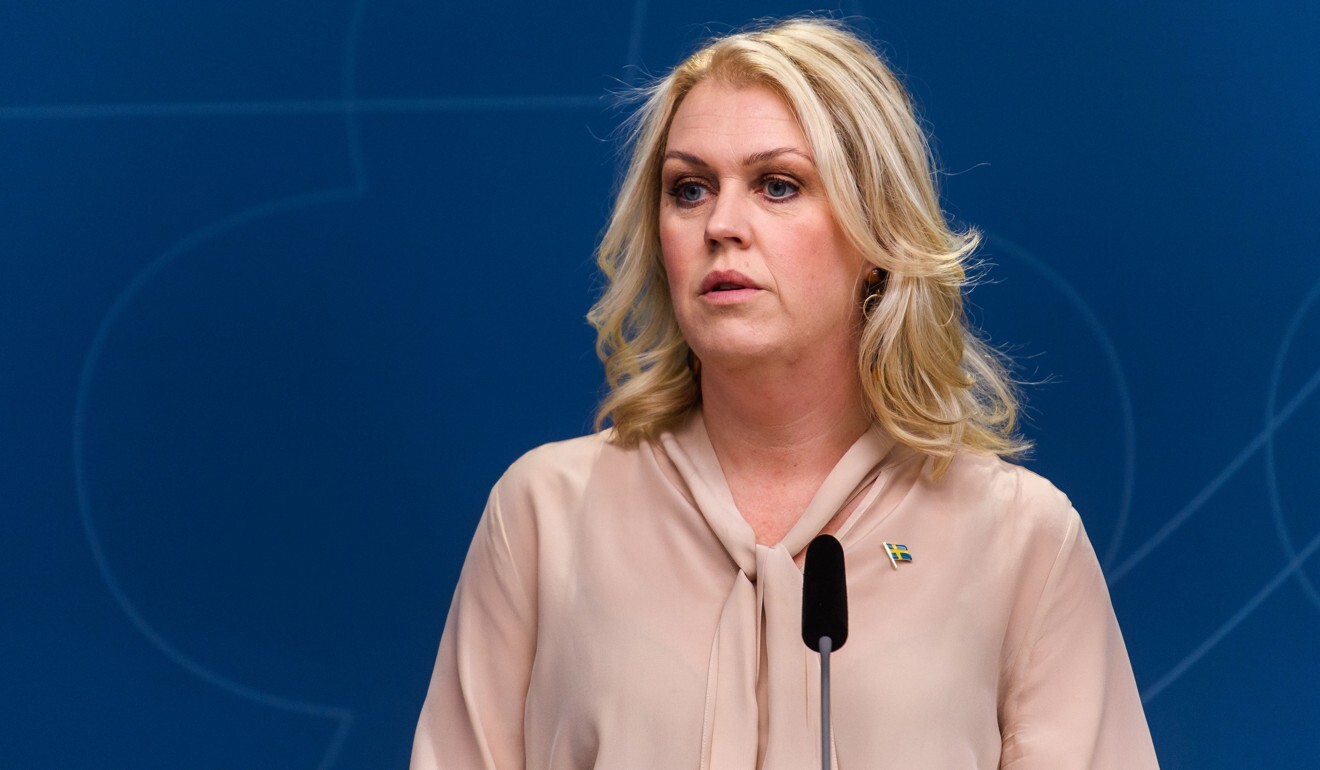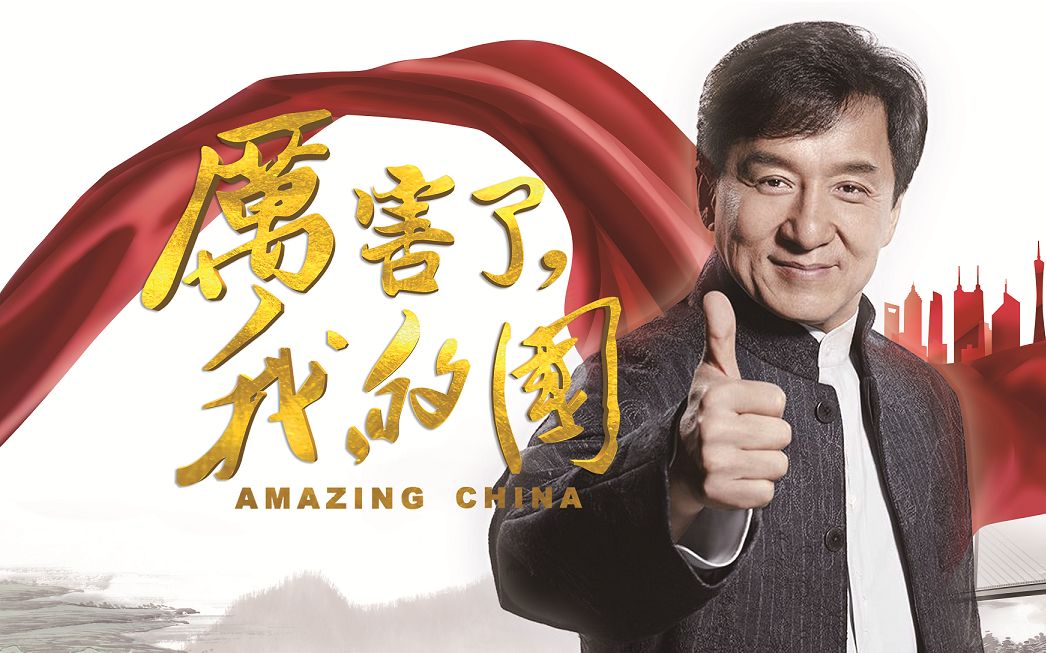related the experiences of her friends in the crisis.
Critics accused her of giving other countries ammunition as China came under international pressure over its handling of the epidemic.
Liang’s article attracted attention after Wang shared it online. Wang’s critics dug through Liang’s microblog account and attacked posts they deemed as criticising the country and sympathising with Hong Kong’s extradition bill protesters.
“I can’t believe that a university teacher shares the beliefs of the [Hong Kong] rioters,” one commenter said. “If my daughter were in your class, I would complain to the Ministry of Education to stop you from teaching that class to avoid destroying our children.”
Observers said the university’s investigation of Liang reflected continued erosion of freedom of speech in China.
“I think it’s a very bad signal. Some people say the Cultural Revolution was just like that – people being criticised by their ideas and expression,” Tsinghua University sociology professor Guo Yuhua said.
Guo published an article in support of Fang on her social media account on April 18, but it was deleted 21 hours later. Guo said she was told to remove the article and it was deleted after she refused.
“I told them it’s normal that people have different opinions and they can’t just prevent people from expressing themselves,” she said.
Qiu Menghuang, also known as A Qiu, a host at state broadcaster CCTV, wrote online in February that
China should say sorry to the world for the mess caused by the coronavirus epidemic. Mainland media reported in March that he had been banned from hosting shows on the broadcaster.
In the article supporting Wang, Liang said she had to speak out to leave hope for the future.
“We have no choice but to face the headwinds,” she wrote.
 or deteriorating
or deteriorating  , damn shiok shiok!
, damn shiok shiok! 
 or deteriorating
or deteriorating  , damn shiok shiok!
, damn shiok shiok! 
No disrespect to TS of course.












